Apple faces iPad and MacBook shipment delays amid global component shortage
Delays come despite recent assurances that semiconductor shortage will have a 'limited impact' on Apple


Sign up today and you will receive a free copy of our Future Focus 2025 report - the leading guidance on AI, cybersecurity and other IT challenges as per 700+ senior executives
You are now subscribed
Your newsletter sign-up was successful
Apple is facing significant delays to its iPad and MacBook shipments due to an ongoing global shortage of components, it has emerged.
This is despite Foxconn chairman Liu Young-Way recently stating that the severe lack of semiconductors will have a “limited impact” on Apple, which is Foxconn’s largest customer.
In late February, Liu said that Foxconn, formally known as Hon Hai Precision Industry Co Ltd, has “proper precautionary planning” in place in order to protect the operations of its major customers, which also include Cisco, Dell, Huawei, and Microsoft.
In spite of the assurances from its supplier, Apple has reportedly postponed a portion of component orders for its iPad and MacBook devices from the first half of 2021 to the second half, according to sources familiar with the matter, speaking to Nikkei.
Specifically, the component shortage has slowed the process of mounting components on printed circuit boards needed for the final assembly of the MacBook. Meanwhile, iPad manufacturing has significantly slowed due to a shortage of displays and display components, the sources said.
RELATED RESOURCE

Although Apple sources its semiconductors from Foxconn, Qualcomm, and TSMC, the iPad displays have been historically supplied by its smartphone market rival Samsung, which has also been hit by the global chip shortage. Last month, it was reported that the South Korean tech giant was considering shelving the next Galaxy Note until at least 2022, with Samsung co-CEO Koh Dong-jin warning of a “serious imbalance in supply and demand of chips in the IT sector globally”.
Late last year, Apple admitted that it was struggling to source chips that manage power consumption in a number of its devices, including the iPhone, due to an increase in demand for silicon as well as supply-chain issues related to the spread of coronavirus. Lockdown restrictions on factories as well as the severing of transport routes were also expected to hinder manufacturing output until at least May 2021, according to sources speaking to Bloomberg.
Sign up today and you will receive a free copy of our Future Focus 2025 report - the leading guidance on AI, cybersecurity and other IT challenges as per 700+ senior executives
The global component shortage has so far been addressed by the US government, with President Joe Biden signing an executive order addressing the semiconductor supply chain issues in late February. However, with no quick fix for the issue, the global component shortage is expected to continue well into the second half of the year.
Having only graduated from City University in 2019, Sabina has already demonstrated her abilities as a keen writer and effective journalist. Currently a content writer for Drapers, Sabina spent a number of years writing for ITPro, specialising in networking and telecommunications, as well as charting the efforts of technology companies to improve their inclusion and diversity strategies, a topic close to her heart.
Sabina has also held a number of editorial roles at Harper's Bazaar, Cube Collective, and HighClouds.
-
 European Commission confirms hackers breached mobile management platform
European Commission confirms hackers breached mobile management platformNews Security experts warned the breach could lead to follow-up phishing attacks
-
 Lenovo names Andy Rhodes as new general manager for UK&I
Lenovo names Andy Rhodes as new general manager for UK&INews The former HP and Dell executive replaces Adrian Criddle as the tech vendor targets growth opportunities across the region
-
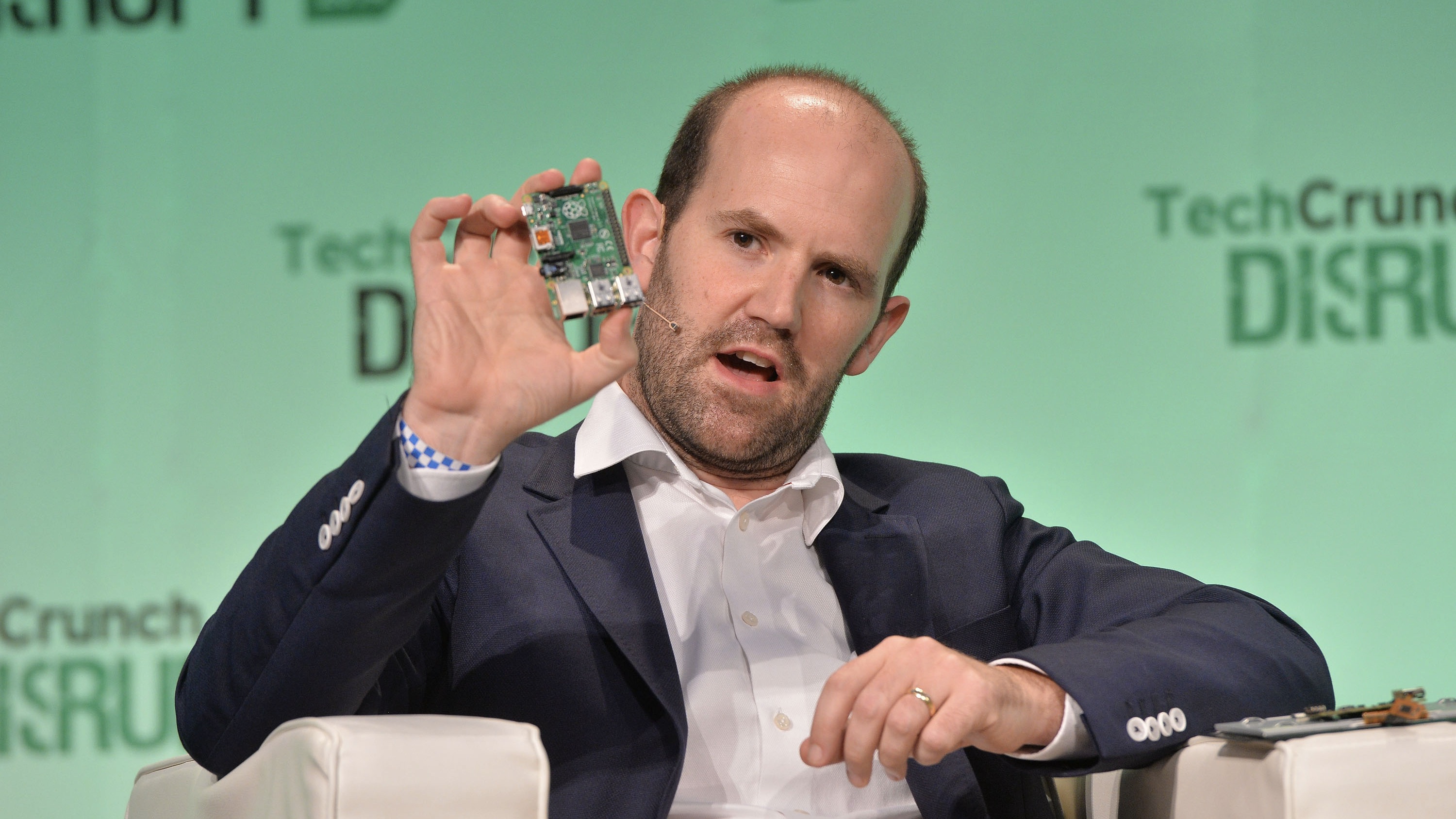 Raspberry Pi CEO Eben Upton on surviving the semiconductor crisis
Raspberry Pi CEO Eben Upton on surviving the semiconductor crisisCase Studies The Raspberry Pi chief reveals how the organisation overcame component shortages during the COVID-19 years
-
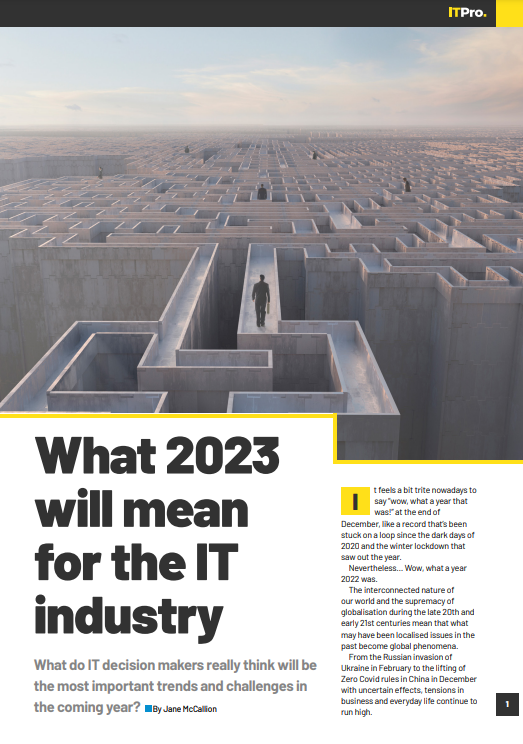 What 2023 will mean for the industry
What 2023 will mean for the industryWhitepaper What do most IT decision makers really think will be the important trends and challenges in the coming year?
-
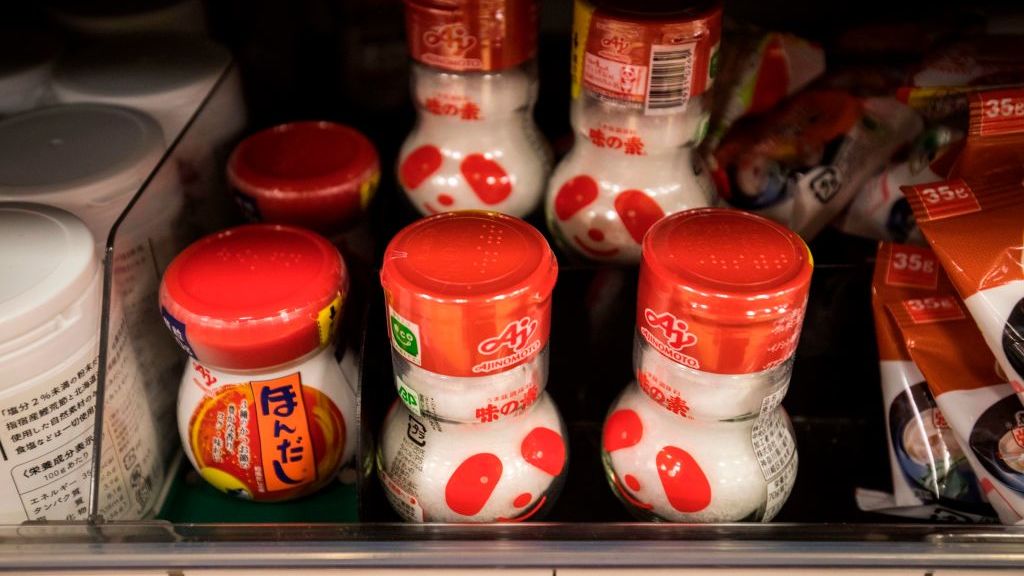 MSG giant Ajinomoto's chipmaking foray helps break financial records
MSG giant Ajinomoto's chipmaking foray helps break financial recordsNews In addition to umami seasoning, the company produces a microfilm insulation used by the semiconductor industry which was repurposed from its amino acid technology
-
 IBM unveils its 'most powerful' 433-qubit quantum processor
IBM unveils its 'most powerful' 433-qubit quantum processorNews The Osprey is three times more powerful than IBM's 127-qubit Eagle processor the company launched a year ago
-
 Blackberry revenue falls by 4% as cyber security division takes hit
Blackberry revenue falls by 4% as cyber security division takes hitNews Despite this, the company’s Internet of Things (IoT) division increased its revenue by 28% as it attracted new customers from the automotive sector
-
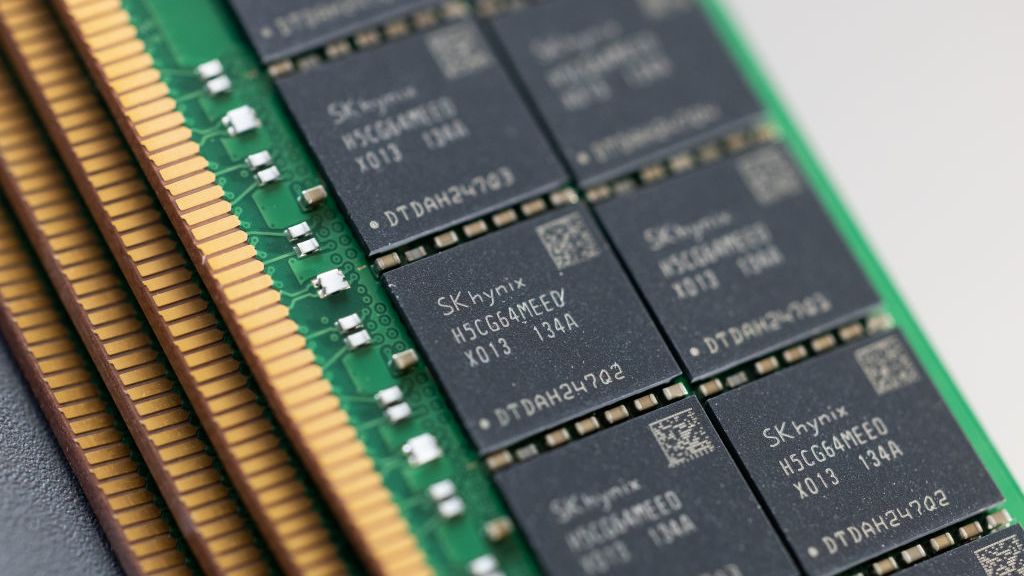 SK Hynix splashes out $11 billion on new semiconductor plant
SK Hynix splashes out $11 billion on new semiconductor plantNews The company will produce memory chips, but will reportedly decided closer to the time whether they will be DRAM or NAND flash chips depending on market conditions
-
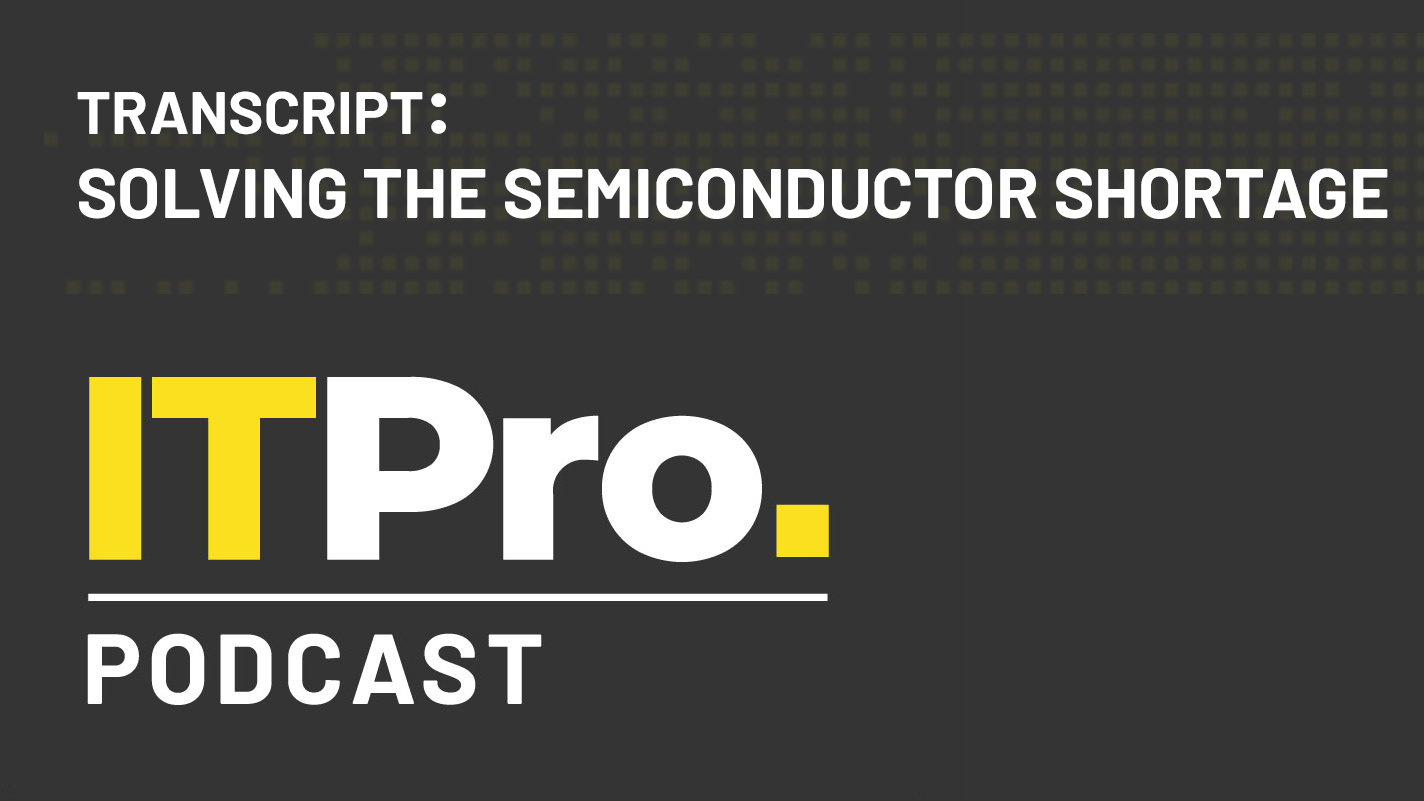 Podcast transcript: Solving the semiconductor shortage
Podcast transcript: Solving the semiconductor shortageIT Pro Podcast Read the full transcript for this episode of the IT Pro Podcast
-
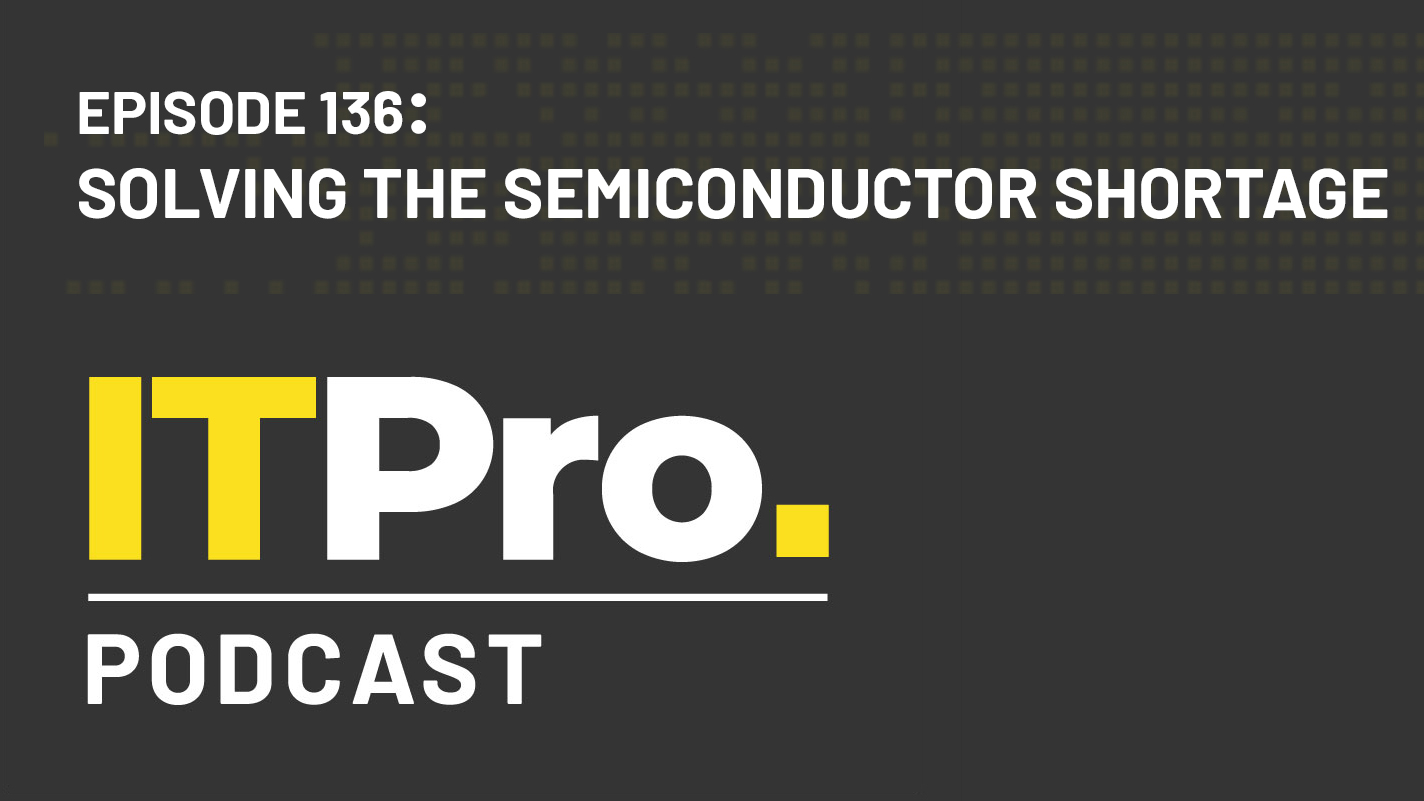 The IT Pro Podcast: Solving the semiconductor shortage
The IT Pro Podcast: Solving the semiconductor shortageIT Pro Podcast When the chips are down, supply chains may need a long time to ramp back up to full capacity
